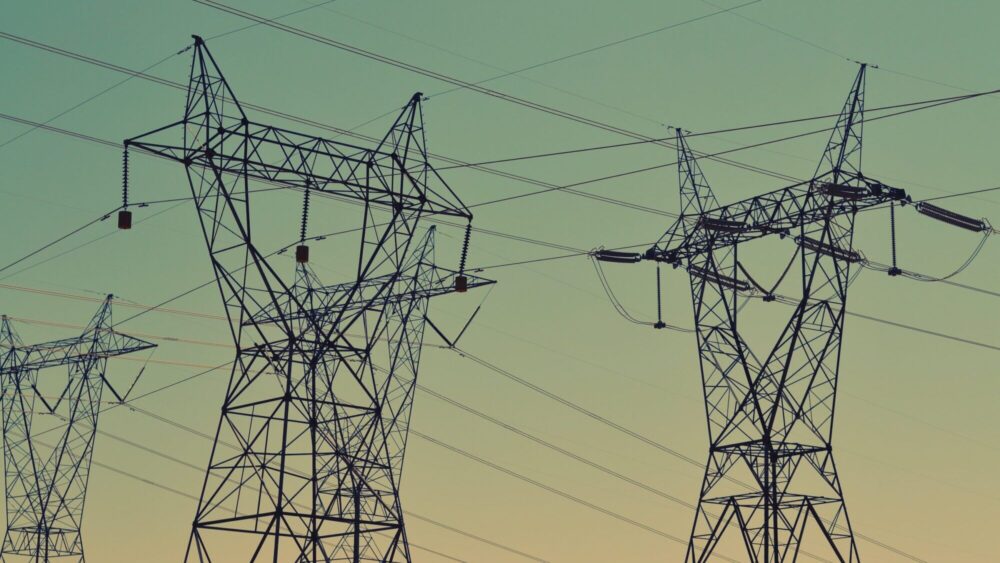
Photo: fresonneveld/Unsplash
The heads of the EU’s member states agreed to their negotiating position late Tuesday, October 17th, for the second part of reforms to the bloc’s electricity market. Hungary, the only country that did not support the final position, abstained.
In June, member states reached an agreement on reforms to the transparency rules for the wholesale electricity market, taking a stance that would allow a greater role for EU oversight of member states through the Agency for the Cooperation of Energy Regulators (ACER).
However, significant issues regarding how subsidies could be used and the place of coal as a source of electricity production remained outstanding.
Hungary had opposed the reform on the grounds that the strengthened role of the EU in overseeing how countries subsidise their electricity and energy for citizens will make it harder for governments to regulate their country’s energy industry as needed.
“We will vote no,” Hungarian Minister of Foreign Affairs and Trade Péter Szijjártó said in June. He continued, “This would deprive governments of the right to keep utility prices low for the benefit of their citizens.”
France and Germany had also been deadlocked for months over the issue of “contract for difference,” a price-setting mechanism that allows governments to subsidise power plants through a set price for long-term contracts.
The mechanism encourages long-term contracts and stable prices in the electricity market, but Germany feared the proposal by the Spanish presidency gave too much of an advantage to France and its network of nuclear power stations, possibly disrupting the common market.
Compared to Germany, which has invested heavily in wind energy in the last two decades, France is in an enviable position, producing most of its electricity through nuclear energy, which has been categorised as a form of ‘green’ energy in EU regulations. Additionally, France’s nuclear energy industry is dominated by the state-run energy company, making it easy for Paris to subtly subsidise its nuclear energy through contracts for difference, while Germany sits on the brink of recession in part due to the loss of piped-in Russian natural gas.
The week before energy ministers headed into their meeting to discuss the plan again, the Spanish presidency had crafted a new proposal that amended the proposal “to focus its scope on direct price support schemes for investments in new power-generating facilities,” making France’s existing nuclear stations and other already running power-generating facilities ineligible for contract for difference schemes.
For France and other countries that favour nuclear energy, such as Belgium and several eastern and central European countries, the proposal was unacceptable. Contracts for difference schemes are required for new green energy projects, including nuclear, wind, and solar energy.
At the last minute, Spain put forward a new text in which contracts for differences in existing infrastructure would be allowed as optional, with oversight from the Commission required for drawing them up. For new green energy projects, contracts for difference are required.
Contracts for difference will remain mandatory for investments in “new power-generating facilities based on wind energy, solar energy, geothermal energy, hydropower without reservoir and nuclear energy” to provide predictability and certainty, according to a statement issued by the Council.
“Revenues would be redistributed to final customers, and they may also be used to finance the costs of the direct price support schemes or investments to reduce electricity costs for final customers,” it adds.
In the end the Swedish presidency’s original proposal from June on extending the “capacity mechanism support to allow coal plants to operate beyond 2025 and potentially until 2028” was approved by the EU council, as well.
